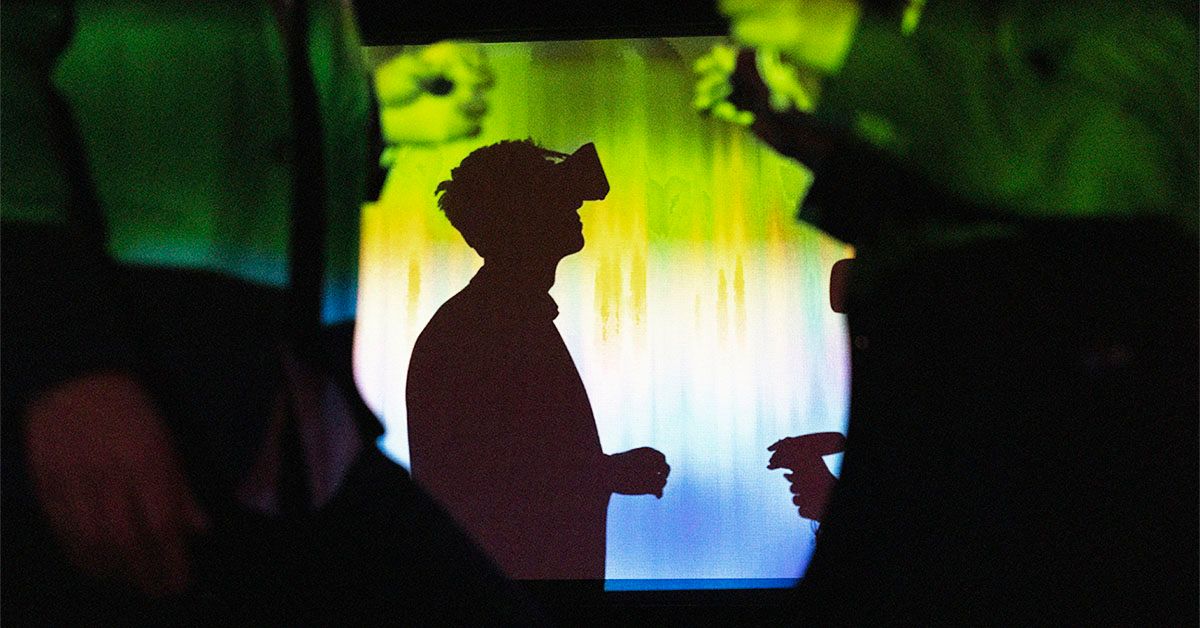Virtual reality treatment for major depressive disorder has been found to be as effective as current first-line therapy in a study from Stanford University. However, there is some suggestion that the benefits of the virtual reality system may be related to the placebo effect. Further investigation is needed to determine if virtual reality can be added to existing therapies for depression. The study, published in JMIR Mental Health, investigated the use of extended reality headsets in treating major depressive disorder, with promising results equivalent to current telehealth therapy. XR-BA therapy may offer more enjoyable treatment, encouraging patients to continue receiving it.
The study involved 26 participants who were randomly assigned to receive either a 3-week, 4-session course of behavioral activation therapy or XR-BA therapy. Both groups showed a significant reduction in their PHQ-9 scores and symptom severity. The XR-BA group had a drop in PHQ-9 scores even before the first session, suggesting positive feelings about the upcoming trial and a placebo effect. XR-BA therapy may offer therapeutic content in a compelling environment for individuals with MDD interested in new technology. This could help motivate clients to actively participate in their psychotherapy treatment by completing ‘homework’ that is novel, fun, and accessible.
Clinicians could use XR as a treatment tool to help motivate clients to actively participate in their psychotherapy treatment by completing ‘homework’ that is novel, fun, and accessible. These results indicate that XR may help to de-stigmatize mental healthcare and reduce barriers to individuals seeking care. Tekin suggested XR-BA may be “an antidote to what depression makes one feel like.” Plant a magical board game, solving clue-based puzzles, dancing to music, and mini-golf could help individuals feel energized, entertained, and in charge while physically engaging in activities. A mix of different interventions may have a better chance of enabling patients to deal with their disorders rather than relying on one intervention.
Research has shown promise for previous studies regarding the use of VR for people with post-traumatic stress disorder (PTSD). The scenes and episodes that have had a traumatic impact on individuals can be simulated in a more controlled environment, allowing them to feel more in charge and stop the VR at any moment. However, it is essential to move with caution when adding XR-BA therapy to existing treatments and ensure that patients have the opportunity to use multiple kinds of therapies to find what works best for them. As research continues, XR-BA therapy may provide a valuable addition to traditional treatments for major depressive disorder, offering a novel and engaging therapeutic approach for individuals with depression.










